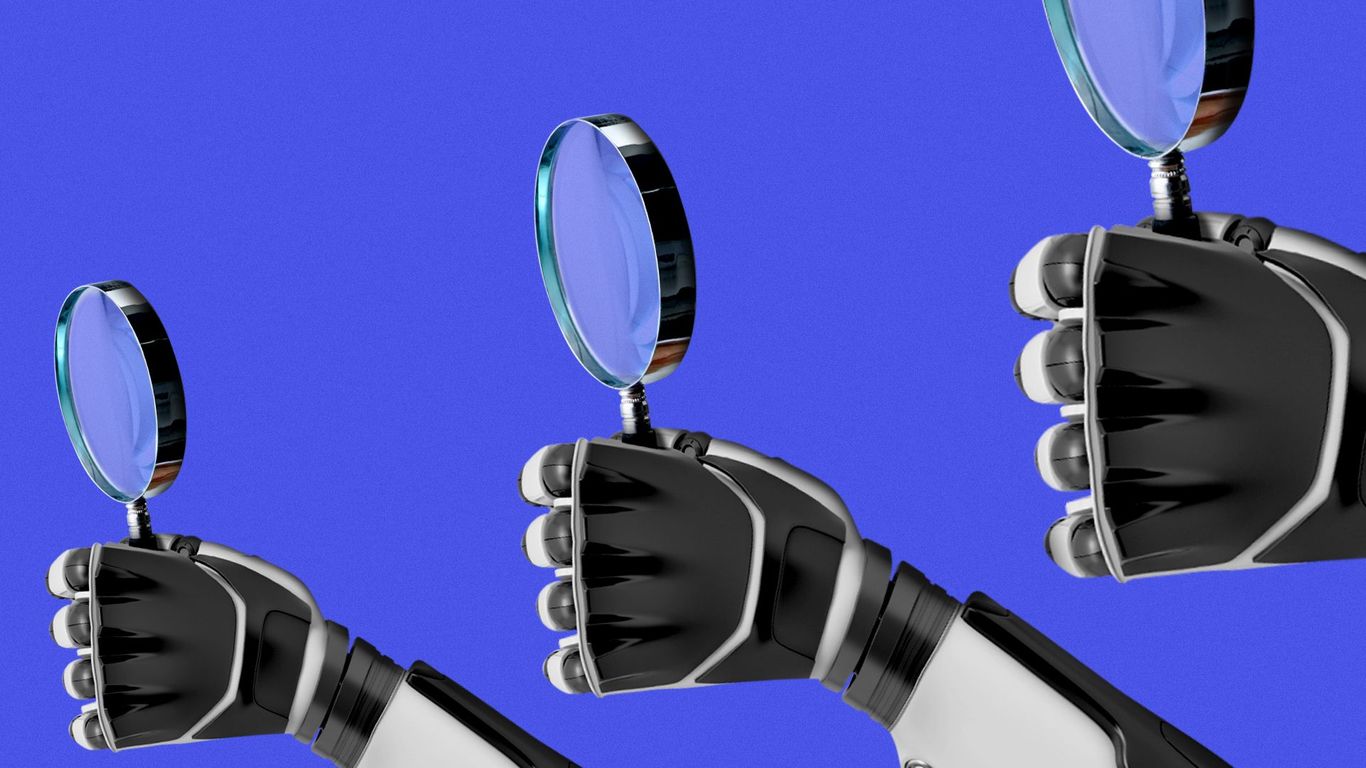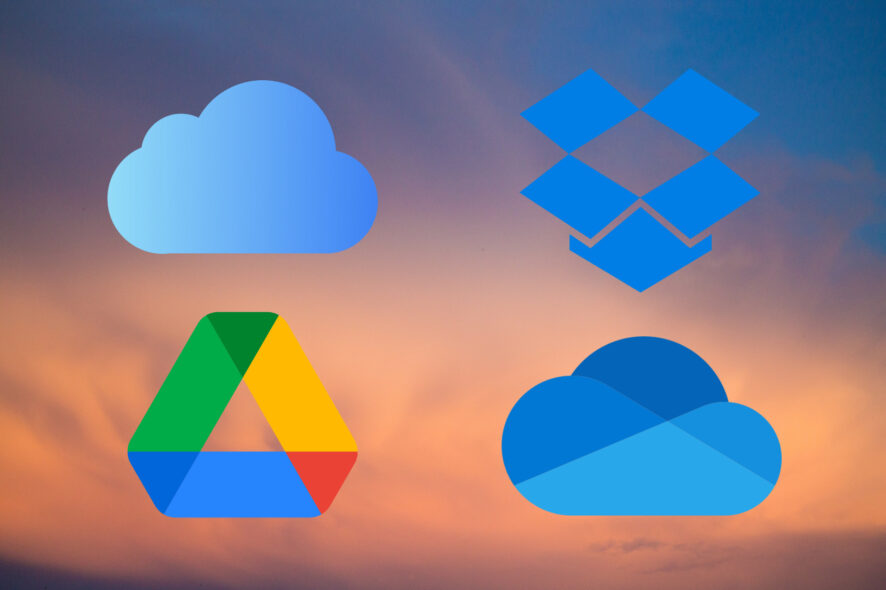7 Pro Tips for Maintaining Laboratory Instrument
Taking newly prepared samples to an instrument and realizing that it is broken is one of the most annoying things that may happen in the lab. Specimens, reagents, and time are all squandered, and no one is pleased, from students to lab managers and supervisors. As a result, it’s critical to keep laboratory equipment in good working order.
As of 2022, there are 29,151 Diagnostic & Medical Laboratories in the United States, up 2.3 per cent from 2021.
The state and quality of your laboratory equipment have an impact on its performance and the findings it produces; lack of regular maintenance might undermine scientific outcomes. You should be aware of the following laboratory equipment maintenance tips:
- Thoroughly read the instruction manual
You should read the handbook before using any lab equipment. Even if these instructions aren’t readily available in the lab it’s worth looking online or calling the manufacturer to request one.
Compiling a list of these manuals is essential for both troubleshooting and training when something goes wrong with the system.
- Train yourself and others
The best method to learn how to use instrumentation correctly is through training. Remember that the simplest way to harm equipment is to use it incorrectly, and the surest way to avoid this is to train with knowledgeable individuals.
Don’t take training for granted; if you’ve set out time for it, make an effort to undertake some experimental planning and troubleshooting.
Scientists from outside your lab executing an experiment without sufficient training are a common source of damaged equipment.
- Clean Equipment after Use
Cleaning after use is a common-sense strategy for keeping your stuff in excellent shape, yet it is often forgotten in the lab. Cleaning is important for equipment because it prevents potentially harmful particles and liquids from clogging your instrumentation.
Furthermore, simply cleaning your lab on a regular basis can help to prevent the formation of dust, which can cause difficulties if permitted to accumulate in and around your equipment for lengthy periods of time.
- Calibrate Your Instruments
Calibrate your instruments and perform preventative maintenance on a regular basis to ensure that they are operating as properly and precisely as feasible. It’s a good idea to have tools like pipettes professionally calibrated every 3 to 6 months.
However, as previously said, it is vital to assess their accuracy on a regular basis using pure water, a balance, and a weigh dish (the amount of water pipetted should yield the correct weight on the balance).
Using specially designed labels that are fastened to equipment and record maintenance information is a wonderful approach to track routine maintenance and calibration.
- Refurbish Your Equipment Frequently
When it comes to maintenance, refurbishing your equipment (i.e., dismantling it component by component to clean and repair it) has its benefits.
It allows you to check the present quality of your components and evaluate whether or not any of them need to be replaced or repaired. It’s also a lot easier to clean an instrument when it’s disassembled. Just make sure you know how to reassemble it.
- Keep a Tract for the usage
It’s critical to keep track of who’s using the equipment and what they’re doing with it because determining the cause of any problem necessitates a first-hand account of how and when it happened.
It will also allow you to determine when the machine needs to be calibrated or maintained on a regular basis.
- Invest in Equipment
Various forms of monetary debt, such as credit cards, mortgage loans, and so on, might drown you in costly EMIs, rising interest rates, and several debt accounts.
Nonbanking Finance Corporations (NFBCs) provide personal loans with low-interest rates that can be utilised to consolidate debt.
Over to you…
So, if you are looking to invest in some new-age and modern laboratory equipment or extend your laboratory, then apply for a debt consolidation loan as they have flexible payment options and will not be a headache.
Whether you’re trying to keep within budget or guarantee that experiments go off without a hitch, equipment maintenance should always be your first priority.
The risk of cross-contamination is likely to be almost as critical to your work as the study itself if you don’t work in a pristine facility. The advantages of proper lab upkeep don’t stop there. Because the equipment is generally one of the most expensive investments in a lab, taking proper care of what you already have (and thus avoiding unneeded repurchases) is an added benefit.




